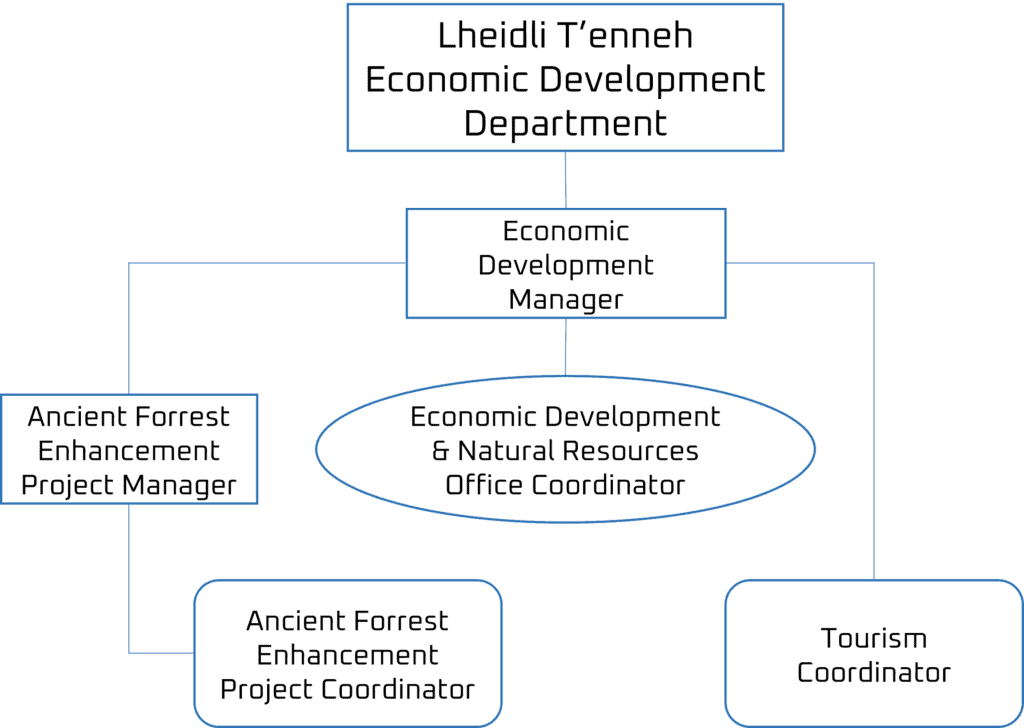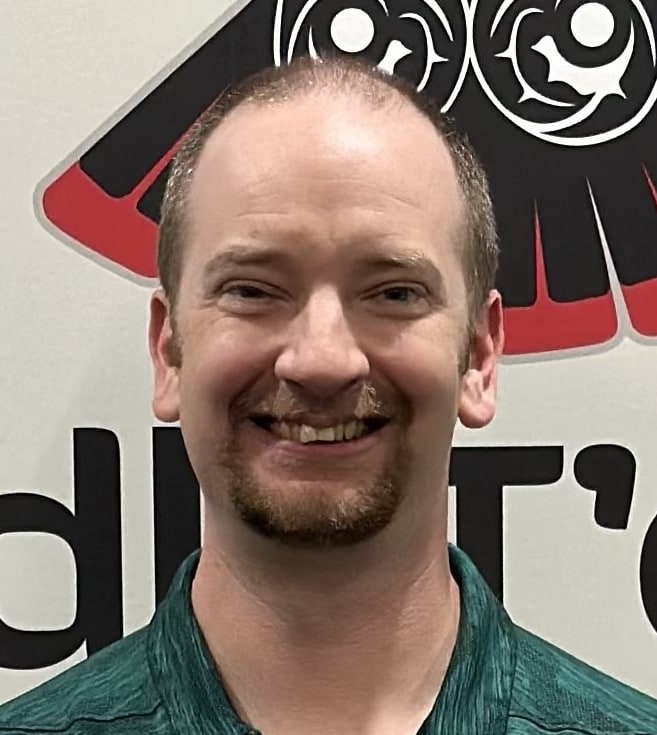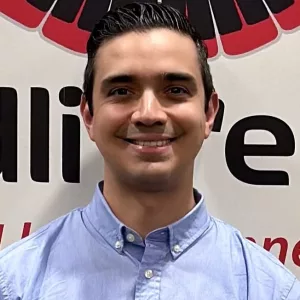Economic Development Department
The Lheidli T’enneh Economic Development Department develops, implements, and manages economic opportunities and strategies. Working with Chief & Council, and Administration, the Economic Development Department focuses on projects that benefit the Lheidli Band and its members. Such opportunities can include, partnerships, joint ventures, revenue sharing agreements, employment agreements as well as funding opportunities.
With 4.5 million hectares of land under Title and Rights, many of these economic development opportunities are tied closely to Lheidli T’enneh Land and Water Resources (mining, logging, fishing, hunting, tourism, etc.) In 2019, the Natural Resources Department was created and became its own department separate from Economic Development in order to focus on the referral process specifically for activities taking place on land and water resources in the Lheidli Territory. Staff from both departments continue to work closely together, however, in order to develop potential business opportunities that align with Lheidli T’enneh’s values and knowledge systems.
Meet Our Team
Allan Stroet Economic Development Manager
Mr. Allan Stroet is the Manager of Economic Development with the Lheidli T’enneh Nation. He brings almost 15 years of economic development management experience with him to the role where he played key roles in attracting investment, working with new and existing entrepreneurs, and acquiring grant funding. At LTN, he is responsible for, among other things, managing existing and potential relationships with proponents, corporations, and partner businesses. Allan is also responsible for connecting band owned or member owned businesses to opportunities that are presented to the Lheidli T’enneh Nation. The Economic Development department is the first stop for companies wanting to do business in or with the Lheidli T’enneh Nation.
Allan was born and raised in Smithers and came to Prince George in 2001 to attend the University of Northern British Columbia where he received his Bachelor of Commerce degree in 2006. In addition to his economic development experience, he has experience in the financial sector as well as the forest sector.
Arturo Sepulveda Garcia NDIT Economic Development Intern
Mr. Arturo Sepulveda is an NDIT Intern in the Economic Development Department at the Lheidli T’enneh Nation. Arturo brings years of experience working for a state government in economic and social development and poverty alleviation, where he designed, implemented, and managed different projects and policies. At LTN, Arturo assists in all economic development and tourism-related activities the Economic Development Manager and Officer assign to him. In addition, Arturo has experience in the educational sector as University Lecturer, Teacher Assistant, and Research Assistant, as well as in the banking sector.
Arturo has a Bachelor of Arts in International Studies specializing in North American Economy from the Universidad de Monterrey and an MBA in Strategic Management from Universidad Autonoma de Tamaulipas. Arturo is enrolled in a MA in International Studies with a specialization in International Development at the University of Northern British Columbia. Arturo has been a visiting student at universities in Mexico, Chile, and Spain.
Deryl-Lynn Seymour. Tourism Coordinator
Ms. Deryl-Lynn Seymour is the Tourism Coordinator at Lheidli T’enneh Nation. She works together with the Economic Development Manager, the AFEP Manager, AFEP Coordinator, Economic Development & Natural Resources Coordinator to ensure the Tourism matters of the department are functioning efficiently. She is also responsible for communications, developing, uploading and updating newsletters, annual reports, among other articles on the Lheidli T’enneh Website.
The Economic Development Department Structure

United Nations Declaration on the Rights of Indigenous Peoples (UNDRIP) and Free, Prior and Informed Consent (FPIC)
UNDRIP
Adopted by the United Nations General Assembly in 2007, this resolution states that:
“Indigenous peoples have the right to practise and revitalize their cultural traditions and customs. This includes the right to maintain, protect and develop the past, present and future manifestations of their cultures, such as archaeological and historical sites, artefacts, designs, ceremonies, technologies and visual and performing arts and literature.”
The UN website describes this declaration in more detail.
Officially adopted by the Province of BC in 2019, UNDRIP provides additional support and guidance for sustainable activities that take place on unceded Lheidli T’enneh territory.
Free, Prior and Informed Consent (FPIC)
Recognised in the UNDRIP, Free, Prior and Informed Consent (FPIC) is a specific right that pertains to indigenous peoples. It allows them to give or withhold consent to a project that may affect them or their territories. Once they have given their consent, they can withdraw it at any stage. Furthermore, FPIC enables them to negotiate the conditions under which the project will be designed, implemented, monitored and evaluated. This is also embedded within the universal right to self-determination.
This framework of consent is intended to establish a foundation of understanding for proponents wishing to partner with Lheidli T’enneh. According to FPIC’s website:
- The consent is free, a process given voluntarily and without coercion, intimidation or manipulation.
- The consent is sought sufficiently in advance of any authorization or commencement of activities (prior).
- This engagement and type of information provided prior to seeking consent is also part of the ongoing consent process, keeping parties informed.
- The collective decision made by right holders and reached through a customary decision-making process of the communities establishes consent.
Partnerships
The Economic Development often receives requests for partnerships from the academia, government, industry, and not for profit organizations.
If you would like to partner with us, please fill out the partnership form and send us an email with the filled-out form to the following email address: [email protected]. We will respond to you within 3-5 business days. Please note that we will be responding to partnership inquiries in the order in which we receive them.




